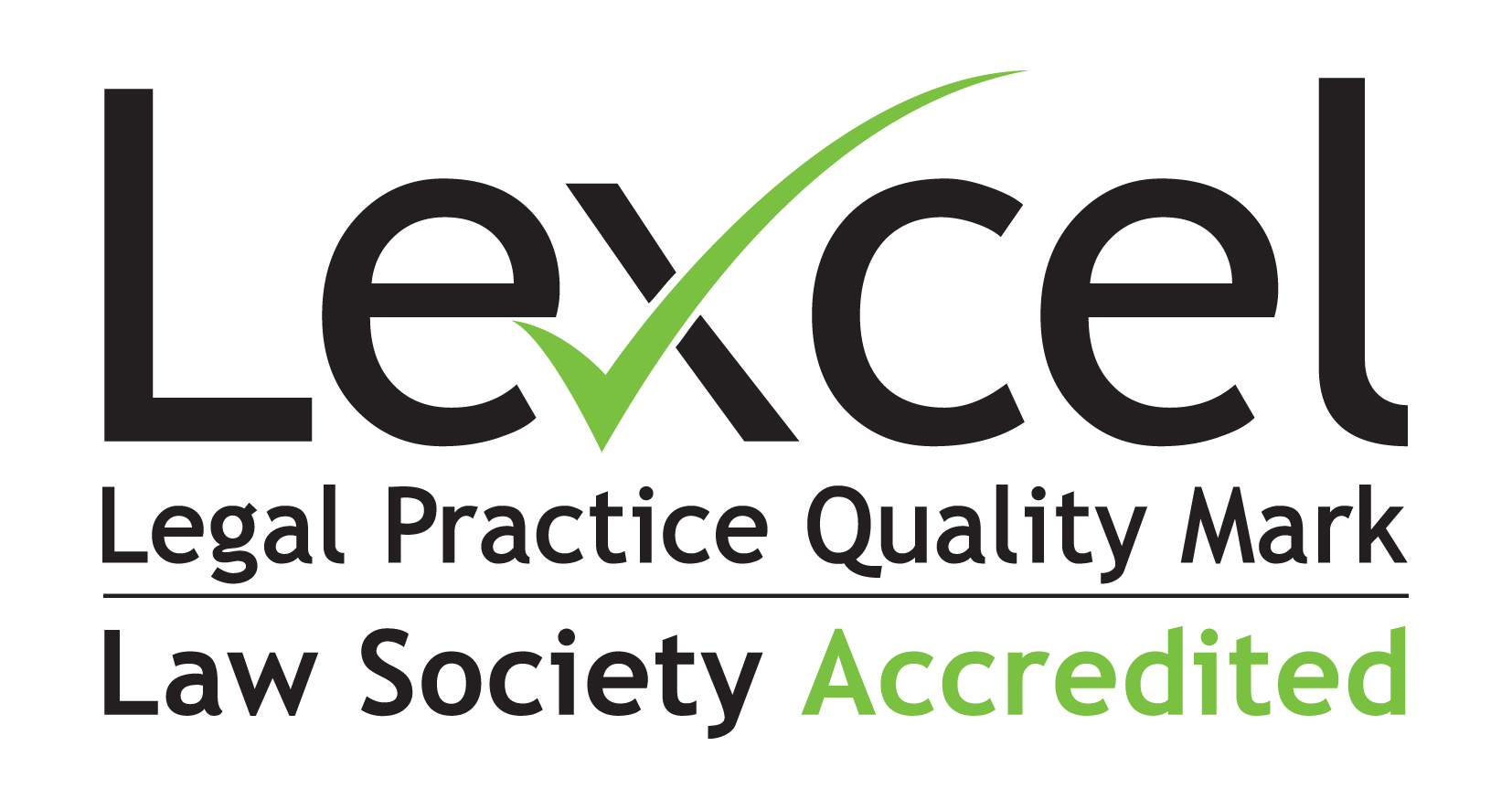- Home >
- Notary Public for Business >
- What is Legalisation
What is Legalisation
For some countries, it is sufficient if a document simply bears the seal and signature of a Notary.
In other countries, the document will require the Notary’s signature and seal to be legalised. This process means that the document signed and sealed by the Notary is submitted to and a further certificate is affixed to the document by the state in which the Notary practices; in the UK, it is the Foreign & Commonwealth Office which fulfils this role.
This further certificate will either be a document called an “Apostille” or it will be a plain certificate. This certificate simply confirms the authenticity of the Notary’s signature and seal. You cannot obtain an Apostille or legislation certificate without first having seen a Notary.
In addition the Foreign & Commonwealth Office’s certificate, the Consulate or Embassy of the receiving country may also need to add its own verification. It will do this after the Foreign & Commonwealth Office have affixed their verification. If the receiving country is a signatory to the Hague Convention of 5th October 1961 then it will not be necessary to submit the document to the Embassy of the receiving country and it will be sufficient to obtain an Apostille only. The Notary will advise on which country needs which form of Legalisation.







